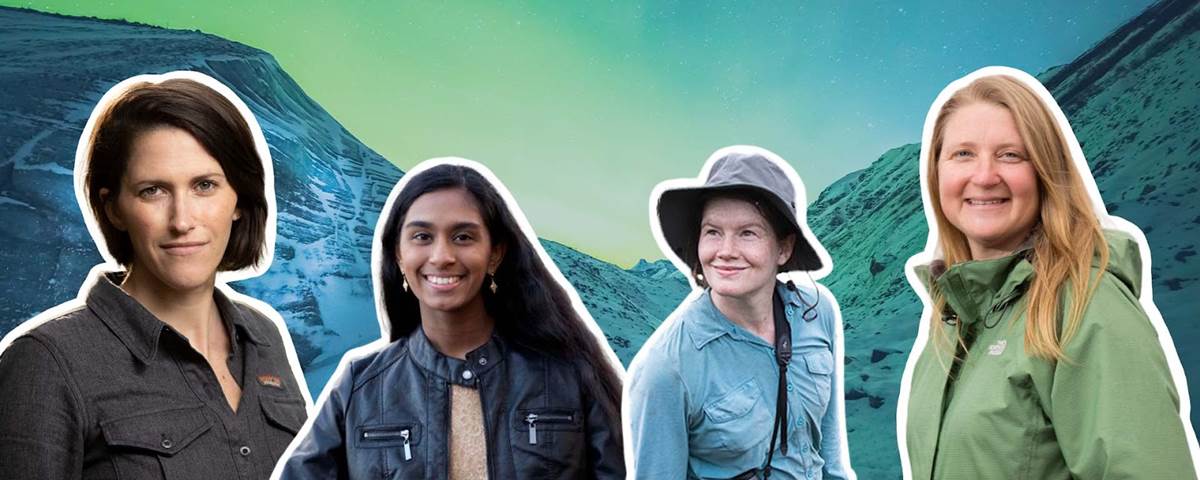On Tuesday, March 8, at 1 p.m. ET, National Geographic will host a 30-minute Virtual Field Trip that celebrates Women’s History Month alongside four intrepid female Explorers.
- National Geographic will travel to the Ganges River in India with an environmental engineer to examine the plastic pollution crisis.
- Then, two Explorers will take guests into their world of conservation and share insights from co-publishing a children’s book about inspiring women in the field.
- Finally, a young explorer will introduce us to her California-based nonprofit, which promotes water recycling, and will teach us how we can recycle water every day.
- You can register for this 30-minute virtual field trip here.
The virtual field trip will feature:
- Jenna Jambeck, an award-winning Explorer, distinguished professor, and director at the University of Georgia. In 2019, she co-led the all-female Sea to Source: Ganges expedition team to the Ganges River in India to study marine debris. As the co-founder of the Marine Debris Tracker app, she is revolutionizing how we understand plastic pollution through the power of citizen science.
- Gabby Salazar, a photographer who is passionate about nature, conservation, and telling stories about women in science. She founded a student magazine with Nature’s Best Photography to promote photography as a way to connect kids with nature, and she continues to teach photography to children and teenagers around the world.
- Clare Fieseler, a multitalented scientific researcher, photojournalist, and filmmaker who has partnered with National Geographic for over a decade. Her most recent project, a collaboration with Gabby Salazar, is a children’s book about female trailblazers titled No Boundaries: 25 Women Explorers and Scientists Share Adventures, Inspiration, and Advice.
- Shreya Ramachandran, a National Geographic Young Explorer and the founder of the Grey Water Project. The nonprofit advocates for water conservation, promotes the safe recycling of water in one’s own home, and assembles educational curricula to teach students about water recycling.

